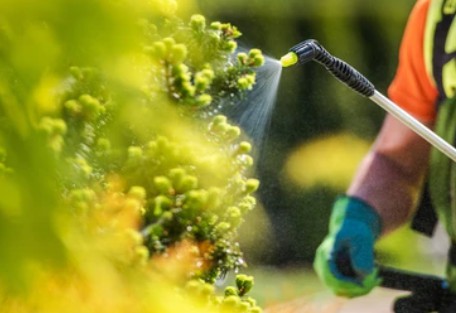Terpenoids are a class of secondary metabolites widely found in monocotyledonous and dicotyledonous plants. In recent years, with the extensive use of new technologies and methods, many terpenoids with low content, novel structure, and strong biological activity have been discovered, one after another. Terpenoids have diverse structures and have the advantages of strong biological activity against insects, safety to natural enemies, low toxicity to human and animals, less resistance to pests, and rapid degradation in the environment. They are widely used in controlling vegetable pests, flower pests, and warehouse pests, and have good development prospects in pest control.
Lifeasible is an industry leader in biopesticide development. Based on our advanced technology platform and experienced team of experts, we aim to provide comprehensive and effective solutions for developing plant-derived biopesticides.


Lifeasible is an industry leader in biopesticide development, and our terpene insecticide research and development offer an effective alternative to the environmental and health problems associated with traditional chemical insecticides. If you are interested in us, please feel free to contact us.
Lifeasible has established a one-stop service platform for plants. In addition to obtaining customized solutions for plant genetic engineering, customers can also conduct follow-up analysis and research on plants through our analysis platform. The analytical services we provide include but are not limited to the following:
Get Latest Lifeasible News and Updates Directly to Your Inbox
Adaptive Evolutionary Mechanism of Plants
February 28, 2025
Unraveling Cotton Development: Insights from Multi-Omics Studies
February 27, 2025